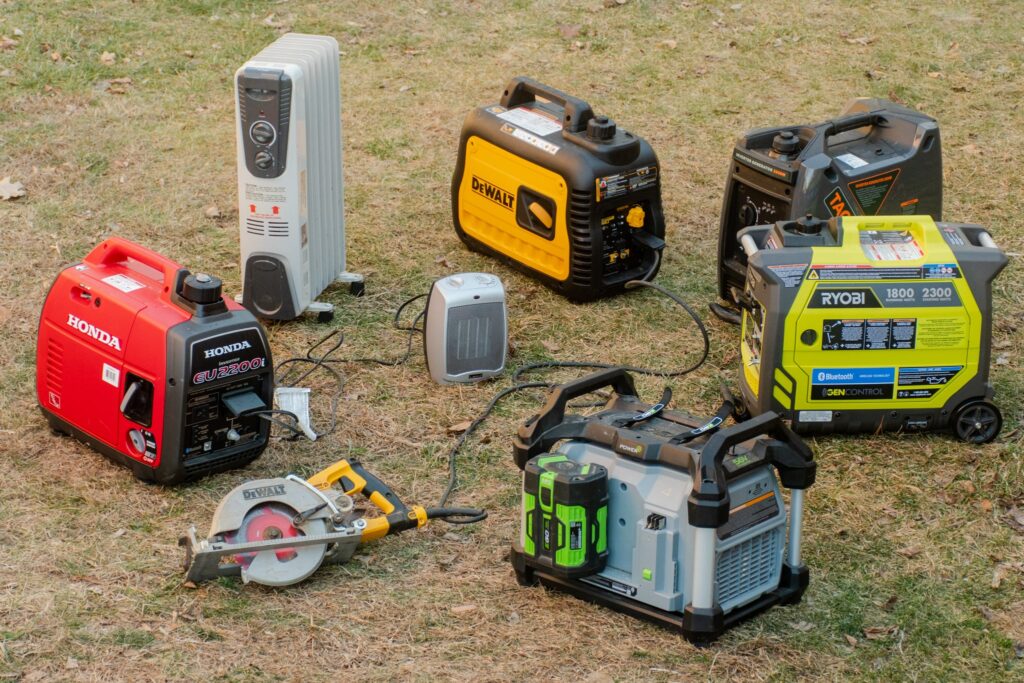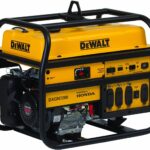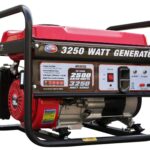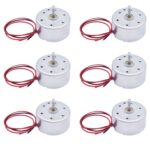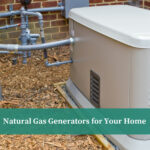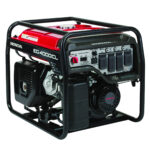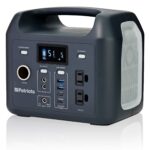Generator comparisons are essential when it comes to finding the best generator for your needs. Whether you’re looking for a portable generator for camping, a large generator for commercial use, or a generator for emergency backup power, it’s important to compare different models to find the one that’s right for you. In this article, we’ll discuss the various factors to consider when making generator comparisons and how to find the best generator for your needs.
Types of Generators
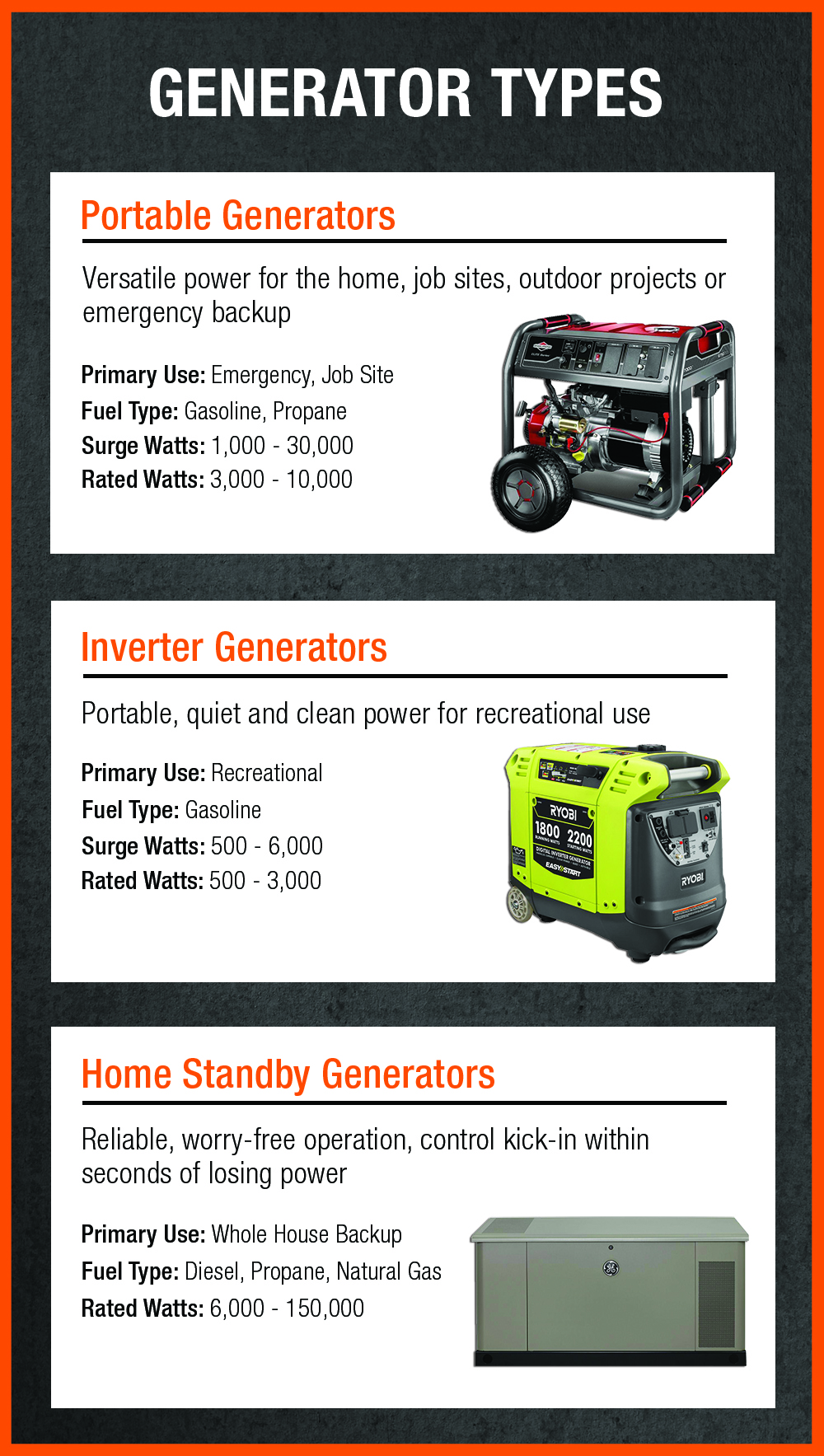
- Portable Generators: Portable generators are small and lightweight, making them easy to transport and store. They typically run on gasoline, diesel, or propane, and provide a range of wattage from 1,000 to 10,000 watts.
- Standby Generators: Standby generators are usually larger and heavier than portable generators. These are permanently installed, and are connected to either natural gas or propane. They provide a continuous supply of power, and can range from 10,000 to 20,000 watts.
- Inverter Generators: Inverter generators are portable, lightweight, and usually run on gasoline. They are more efficient than other types of generators, and typically provide 1,000 to 3,000 watts of power.
- Solar Generators: Solar generators are powered entirely by the sun. They require no fuel and are easy to transport. They are usually smaller than other types of generators and can provide anywhere from 100 to 3,000 watts of power.
Power Output
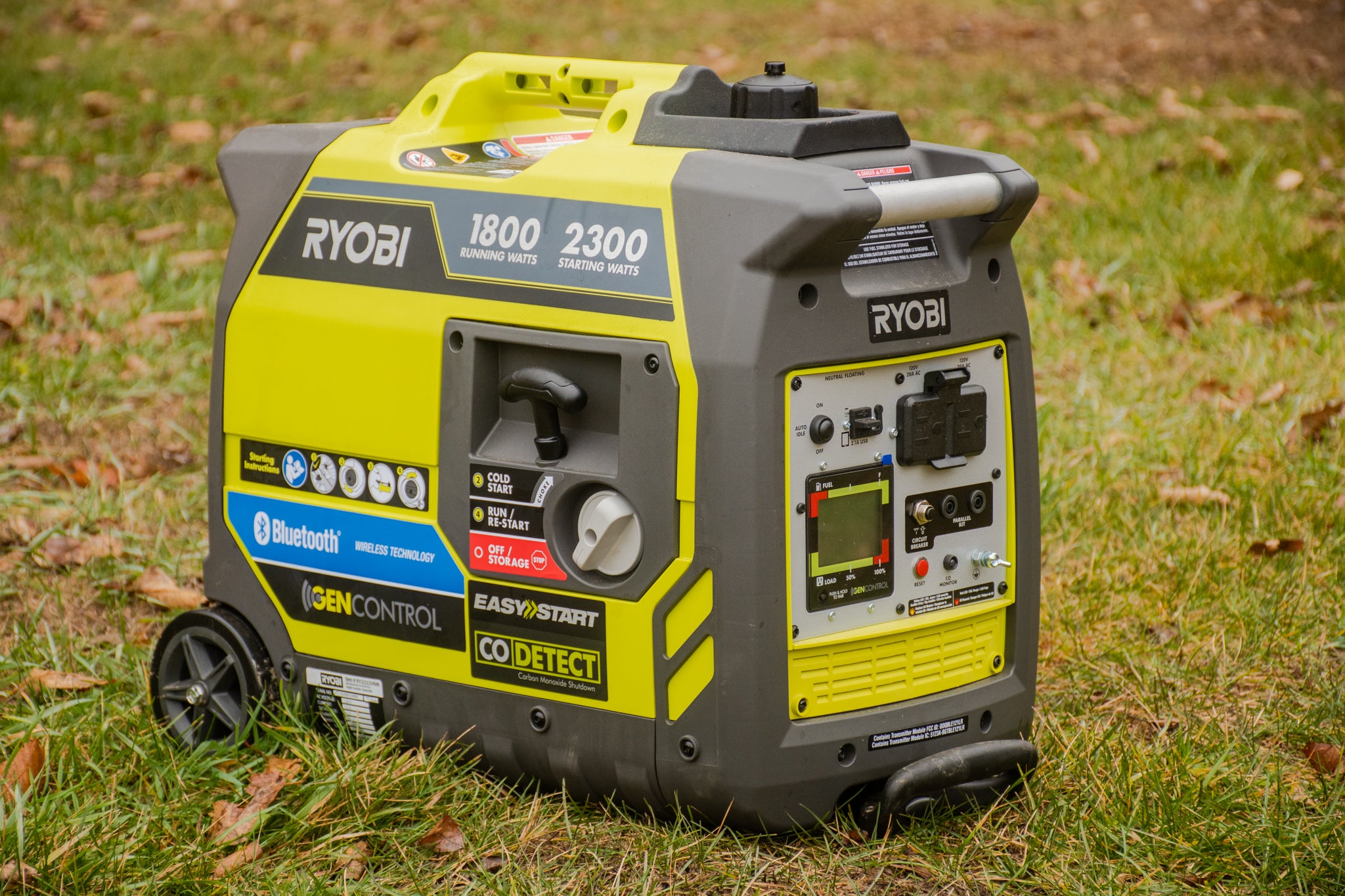
When choosing a generator, it’s important to consider the power output of the generator. The wattage of a generator will determine the types of appliances and tools you can use with it. Make sure the generator you choose has the right wattage to power your needs.
Price
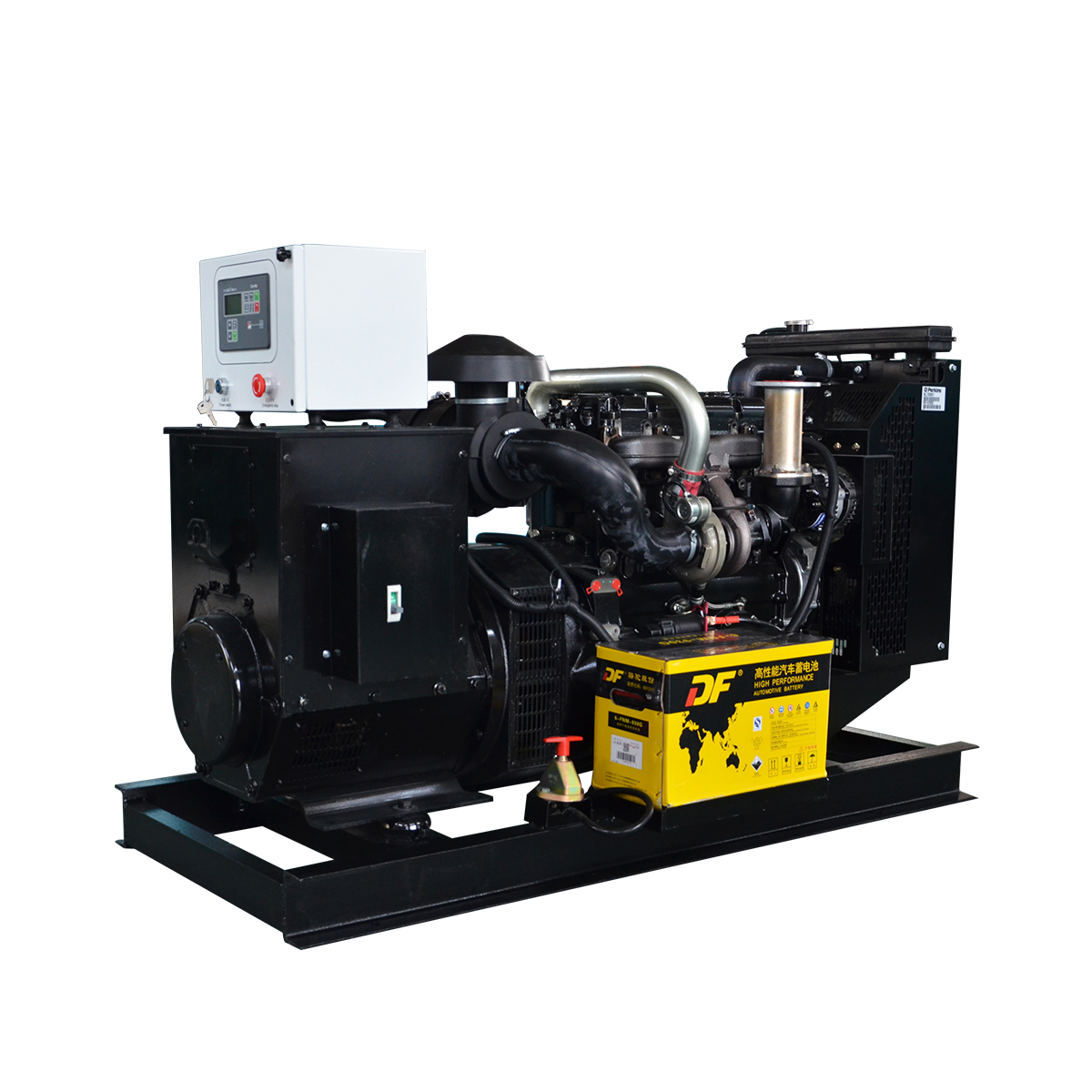
Generators range in price from a few hundred dollars to several thousand. Decide on a budget before you begin shopping for a generator and stick to it. Consider the power output and features you need and find the best generator within your price range.
Portability
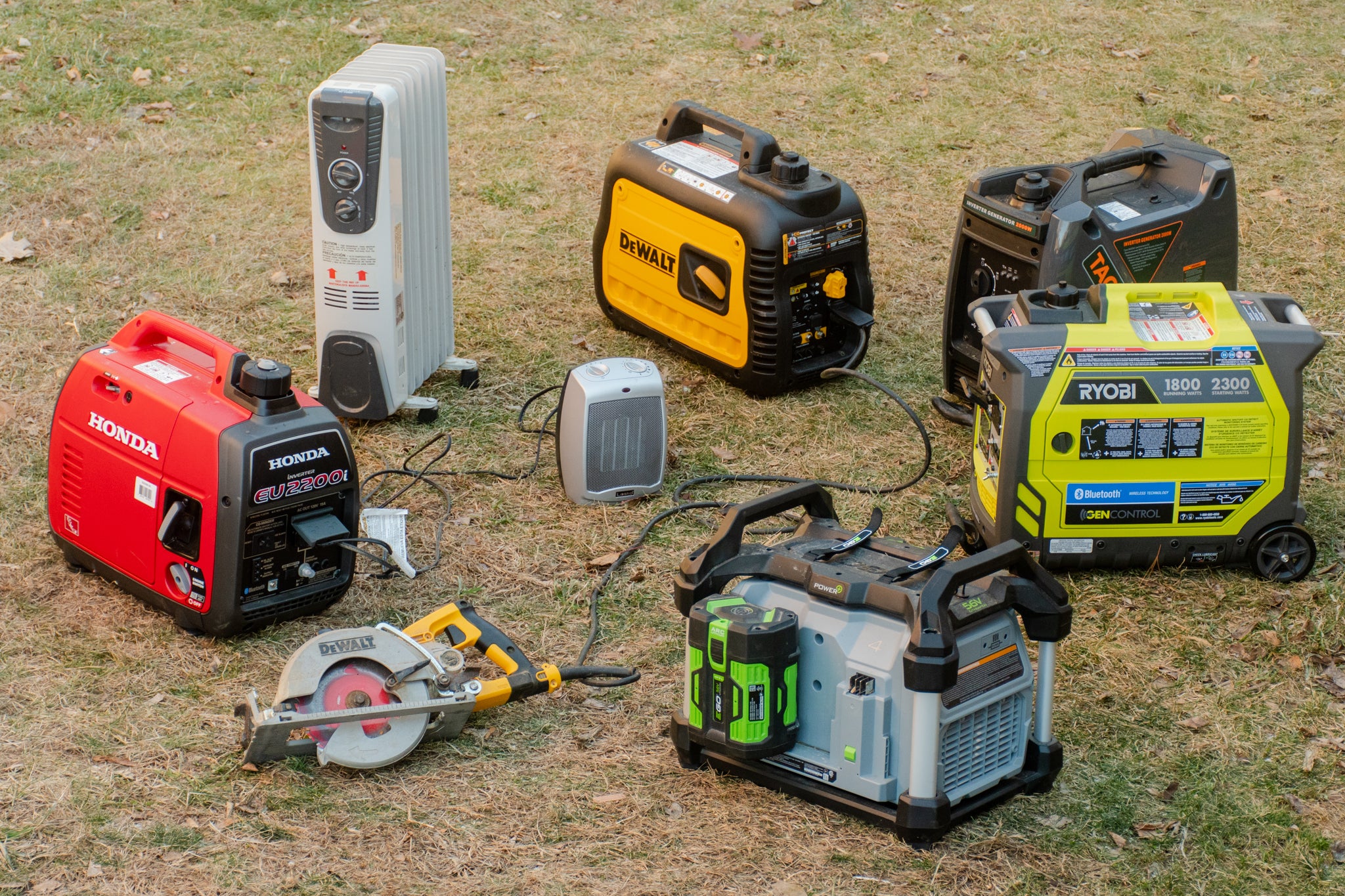
Portability is an important factor when choosing a generator. If you need to move the generator around, look for one with wheels and a handle. If you plan to transport the generator in a vehicle, make sure it’s light enough to lift and that it will fit in the vehicle.
Noise Level
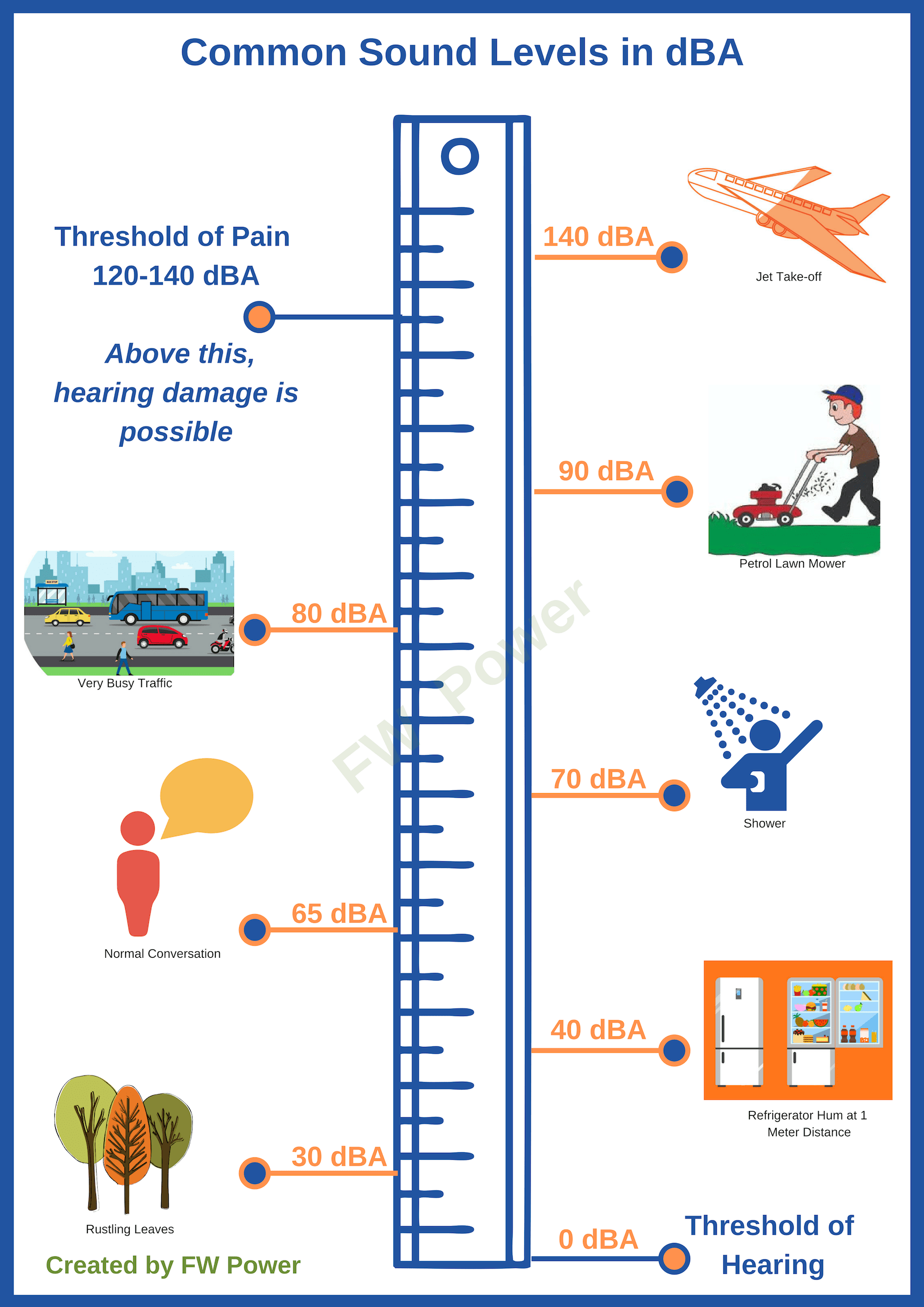
Noise level is also an important factor to consider when choosing a generator. Some generators are louder than others, so make sure to check the decibel rating of the generator you’re interested in.
Fuel Type
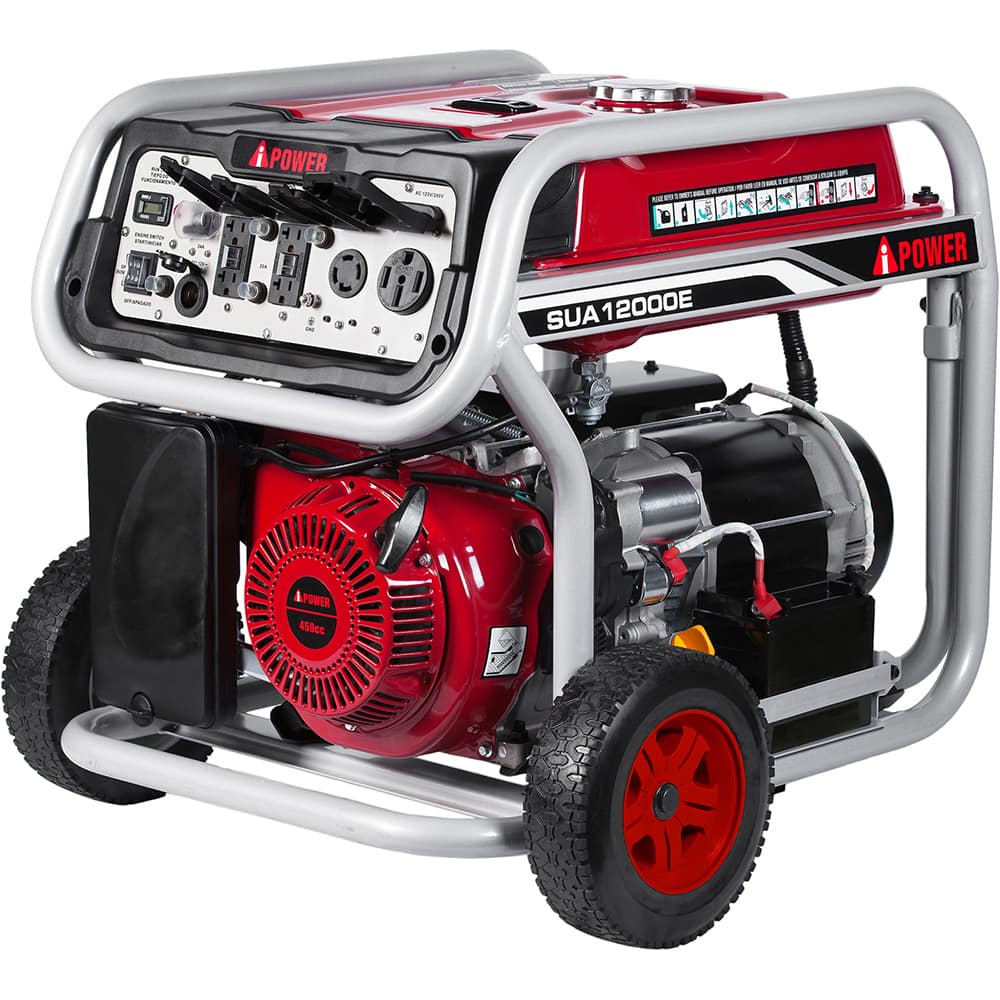
Generators can run on gasoline, diesel, natural gas, and propane. Consider the type of fuel you have available and make sure the generator you choose is compatible with it.
Maintenance
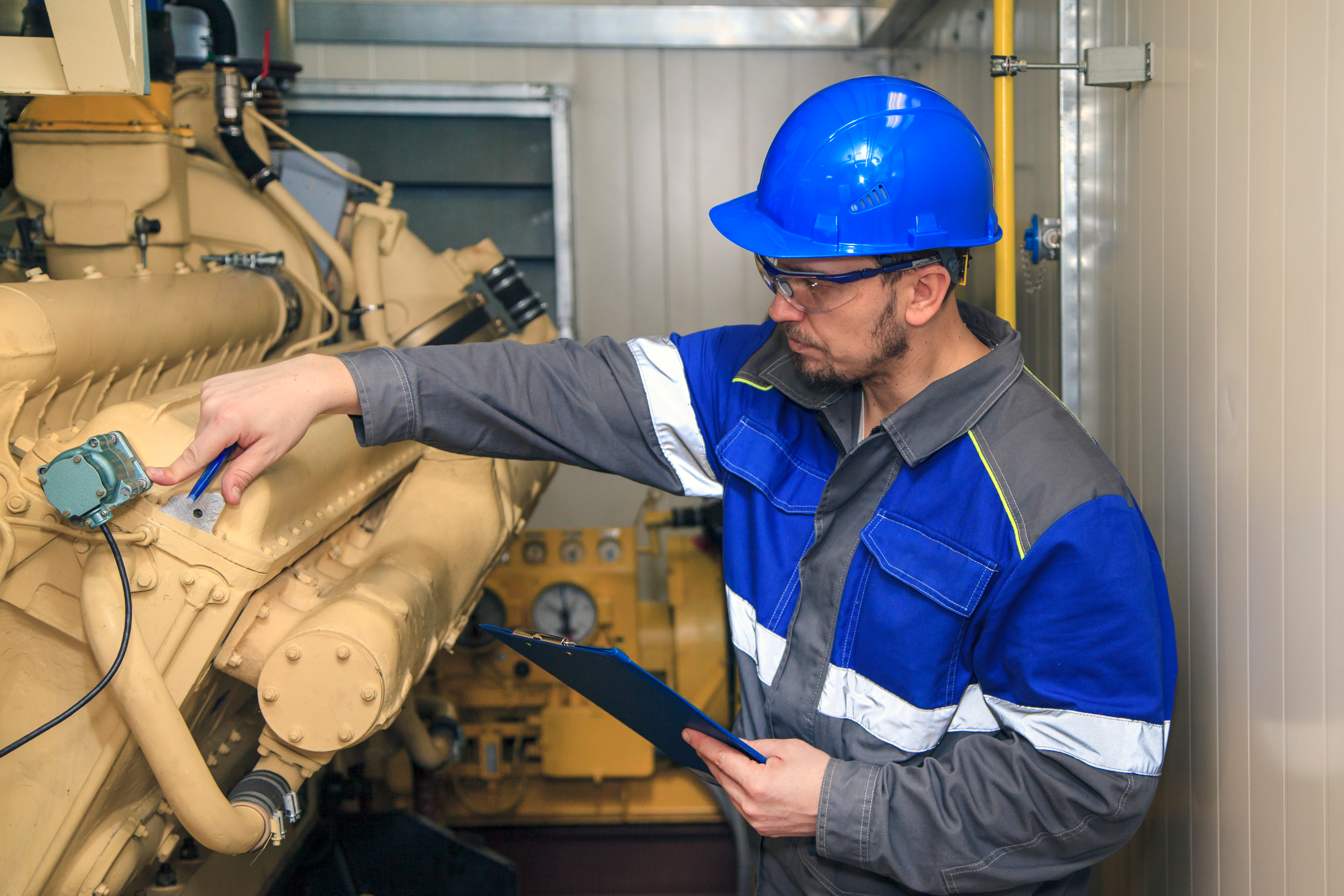
Generators require regular maintenance to keep them running properly. Make sure to read the manufacturer’s instructions on how to properly maintain the generator.
Durability
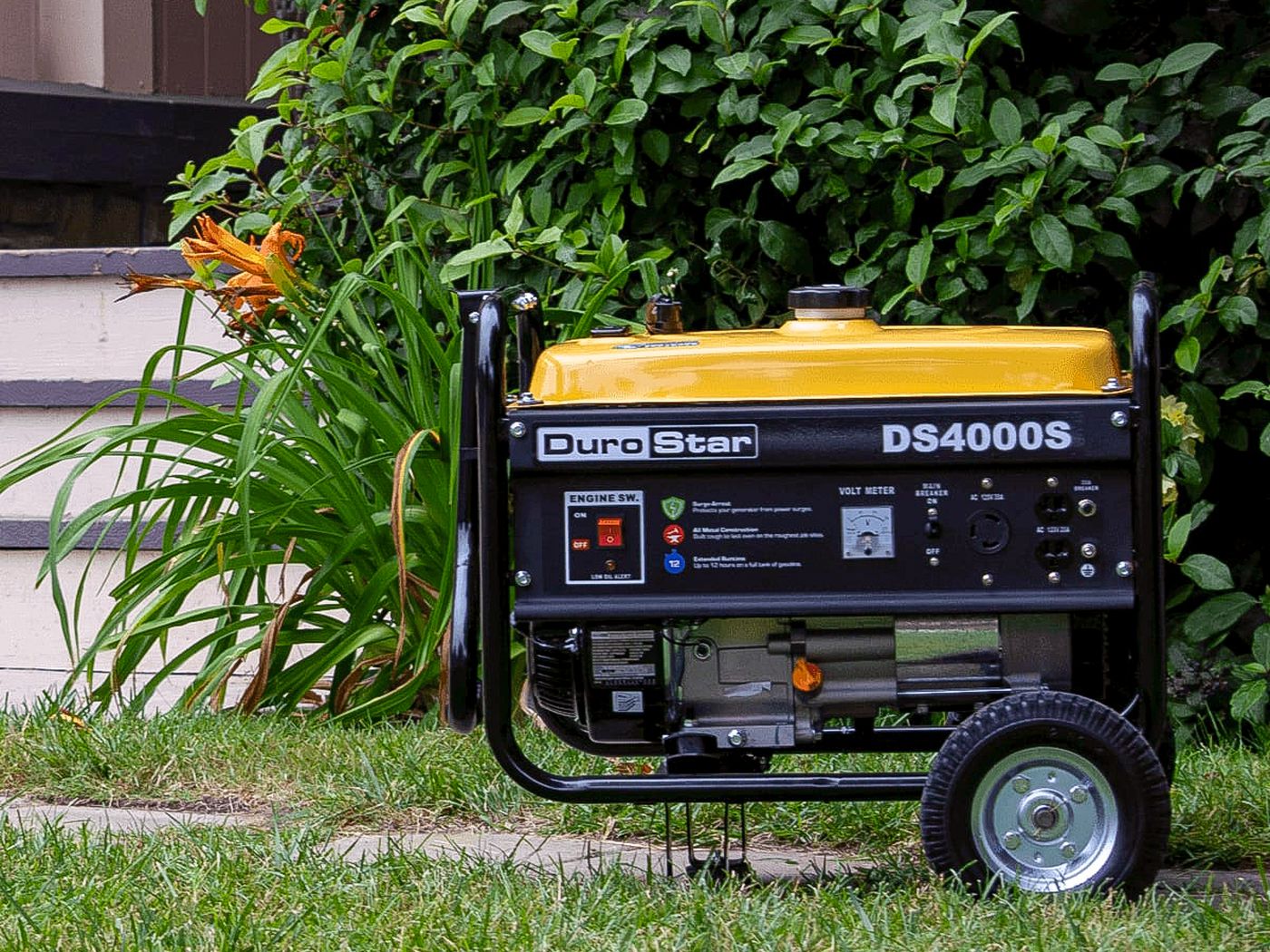
When choosing a generator, consider how durable it is. Look for a generator that is constructed from high-quality materials and has a good warranty.
Generator Comparisons
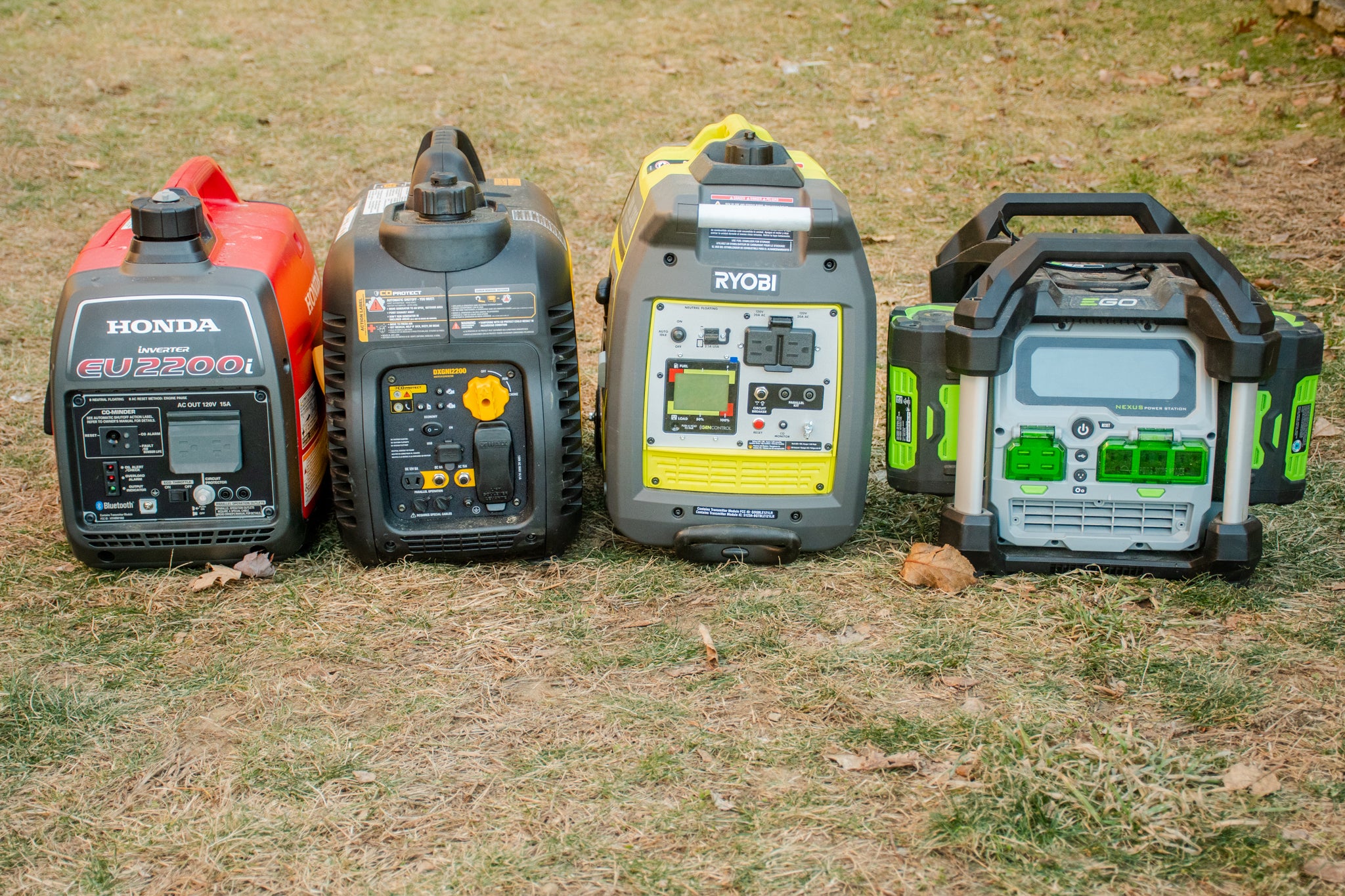
The first step in choosing the right generator for your needs is to compare the different types of generators. There are three main types of generators: gas, diesel, and propane. Each type of generator has its own advantages and disadvantages.
Gas generators are the most common type of generator and are usually the most affordable. They are also the most portable and easiest to use. However, they can be noisy, and they require frequent refueling.
Diesel generators are more powerful and fuel efficient than gas generators. They are also more reliable and have longer running times. However, they are more expensive and require more maintenance.
Propane generators are the most versatile type of generator. They are quieter than gas generators, and they can run for extended periods of time with minimal refueling. However, they are more expensive and require more maintenance.
When comparing generators, you should consider power output, fuel efficiency, portability, ease of use, noise level, maintenance requirements, and cost. By comparing the different types of generators and considering your specific needs, you can choose the right generator for your needs.
1 Portable Generators
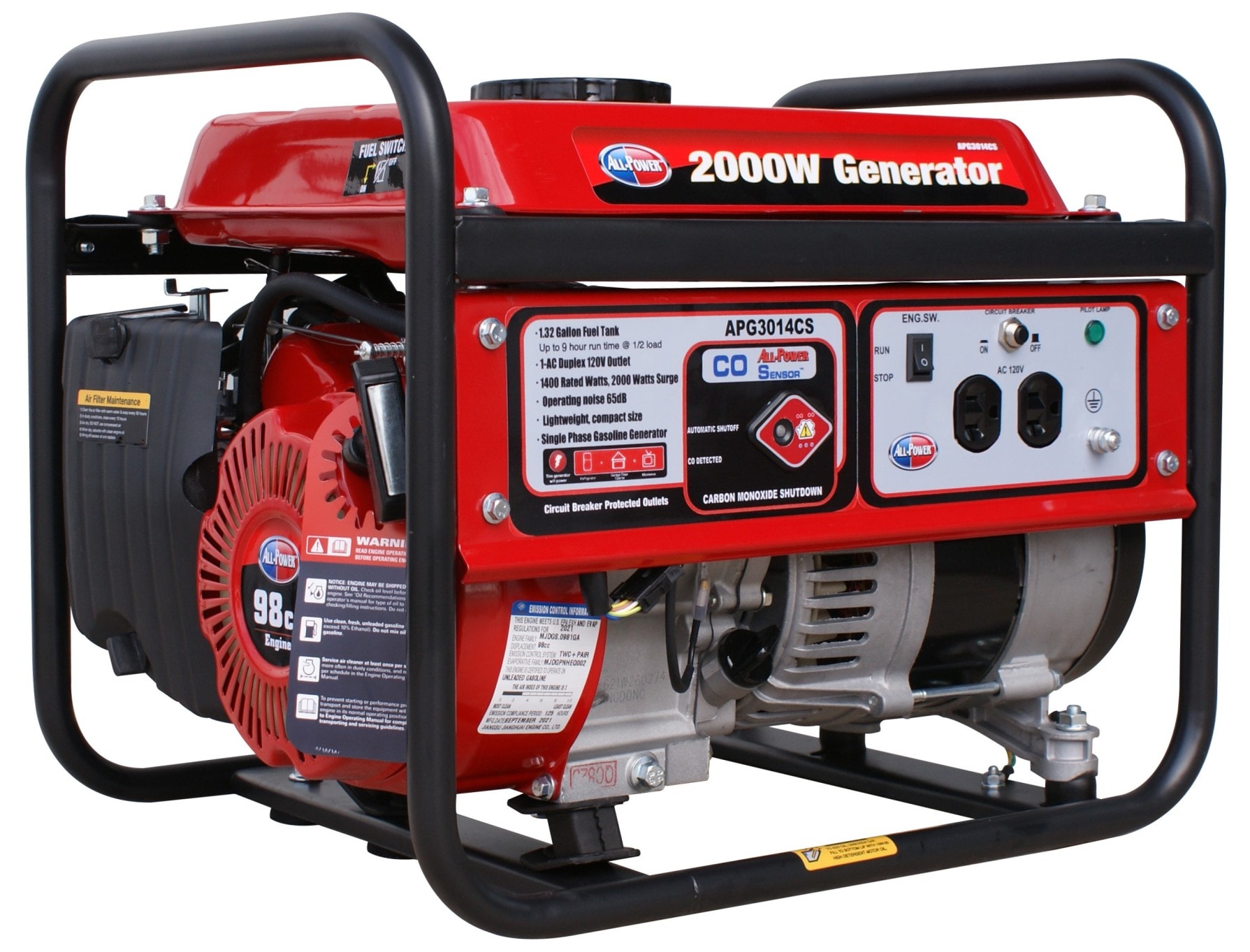
Portable generators are a great choice for those who need a temporary power source when travelling, camping, or during emergency situations. These generators are lightweight and convenient to transport, typically weighing anywhere from 30 to 200 pounds. They are powered by gasoline and usually have a maximum output of between 2,000 and 10,000 watts. The amount of power and noise produced by the generator will depend on the size and model. Portable generators are also relatively inexpensive compared to other types of generators. However, they are not as reliable as other types, and may require more maintenance.
2 Standby Generators
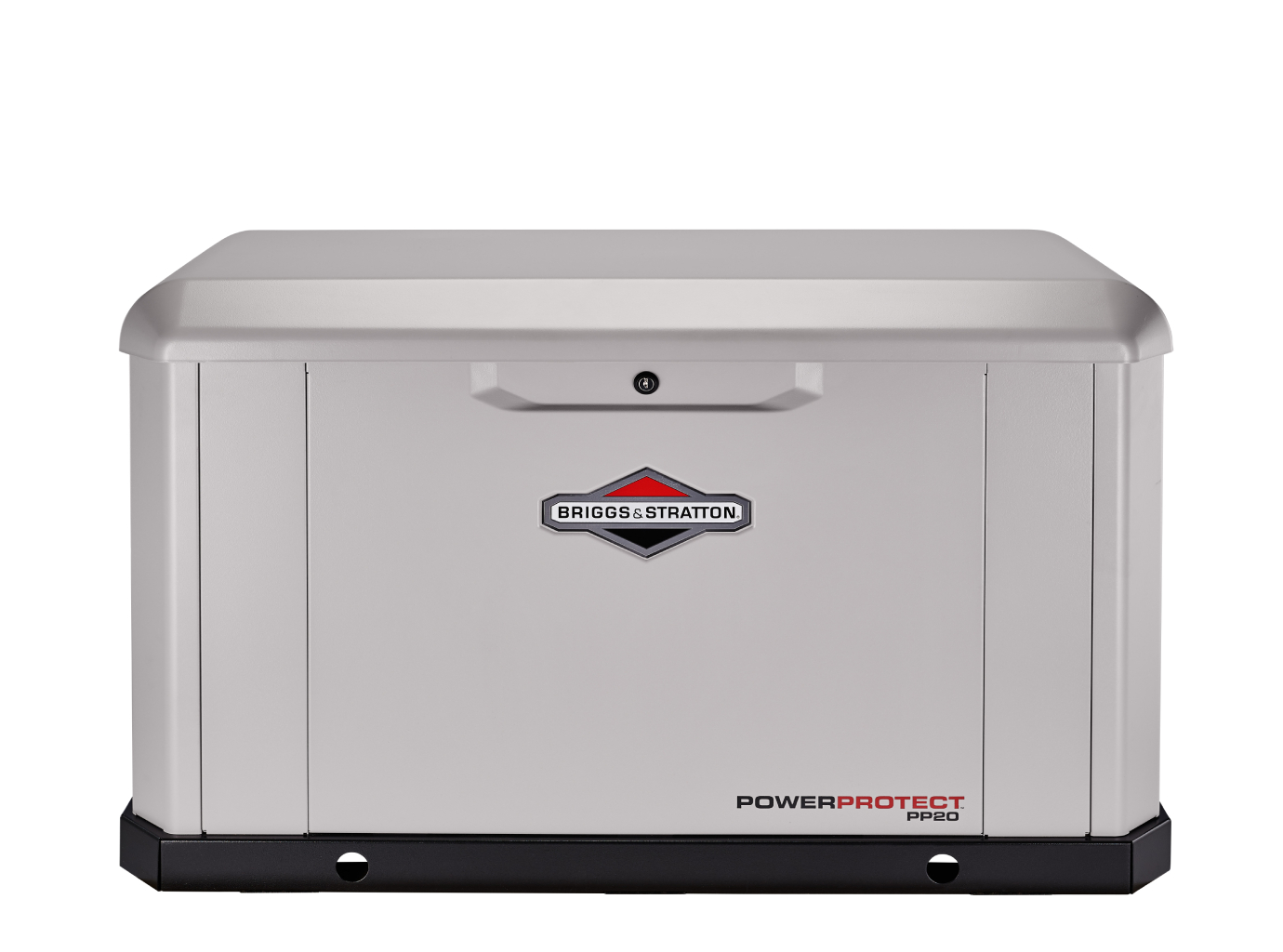
| Generator | Power | Fuel Type | Noise Level |
|---|---|---|---|
| Generac Guardian 22KW | 22KW | Natural Gas/Propane | 59 dB at 7m |
| Honeywell 23KW | 23KW | Natural Gas/Propane | 65 dB at 7m |
Standby generators offer homeowners a reliable source of backup power in the event of a power outage. Two popular standby generators are the Generac Guardian 22KW and the Honeywell 23KW. Both are capable of powering most of the necessary home appliances during an emergency. The Generac Guardian 22KW is powered by natural gas or propane fuel and boasts a noise level of 59 dB at 7m. The Honeywell 23KW is also powered by natural gas or propane and produces a slightly louder noise level of 65 dB at 7m. Both are powerful and dependable sources of power, yet the Generac Guardian 22KW is the quieter of the two.
3 Inverter Generators
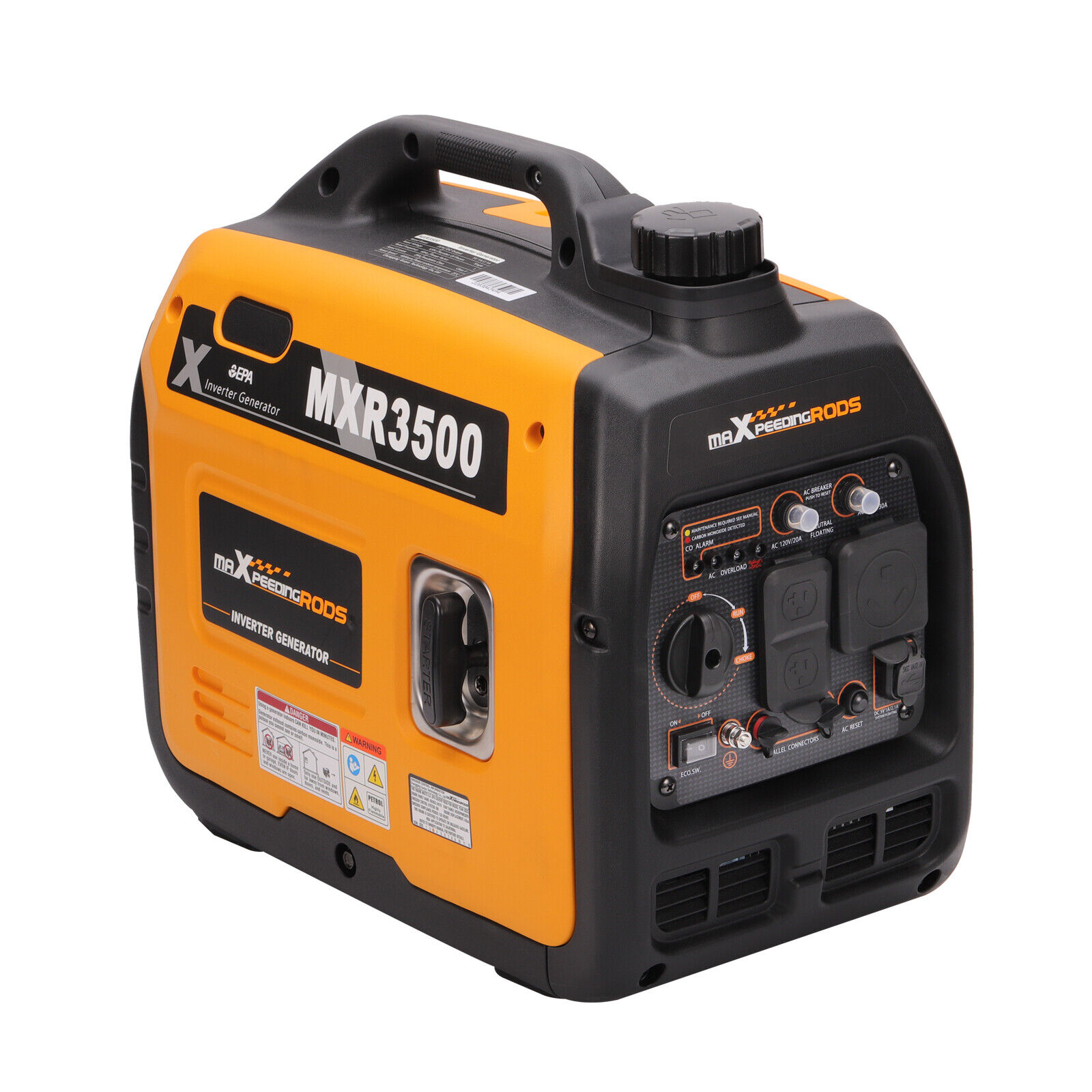
| Model | Wattage | Weight | Noise level |
|---|---|---|---|
| Honda EU2200i | 2,200 | 47.3 lbs. | 48 – 57 dB |
| Westinghouse WGen7500 | 7,500 | 130 lbs. | 60 dB |
| Generac GP3000i | 3,000 | 48 lbs. | 53 dB |
Inverter generators are the latest generation of portable generators and offer numerous advantages over traditional generators. They are lighter, quieter and more fuel efficient. Three popular inverter generators are the Honda EU2200i, the Westinghouse WGen7500 and the Generac GP3000i. The Honda EU2200i produces 2,200 watts of power and weighs 47.3 pounds. It operates at between 48 and 57 dB, making it one of the quietest inverter generators available. The Westinghouse WGen7500 produces 7,500 watts of power and weighs 130 pounds. It operates at 60 dB, making it louder than the Honda EU2200i. The Generac GP3000i produces 3,000 watts of power and weighs 48 pounds. It operates at 53 dB, making it quieter than the Westinghouse WGen7500.
4 Dual-Fuel Generators
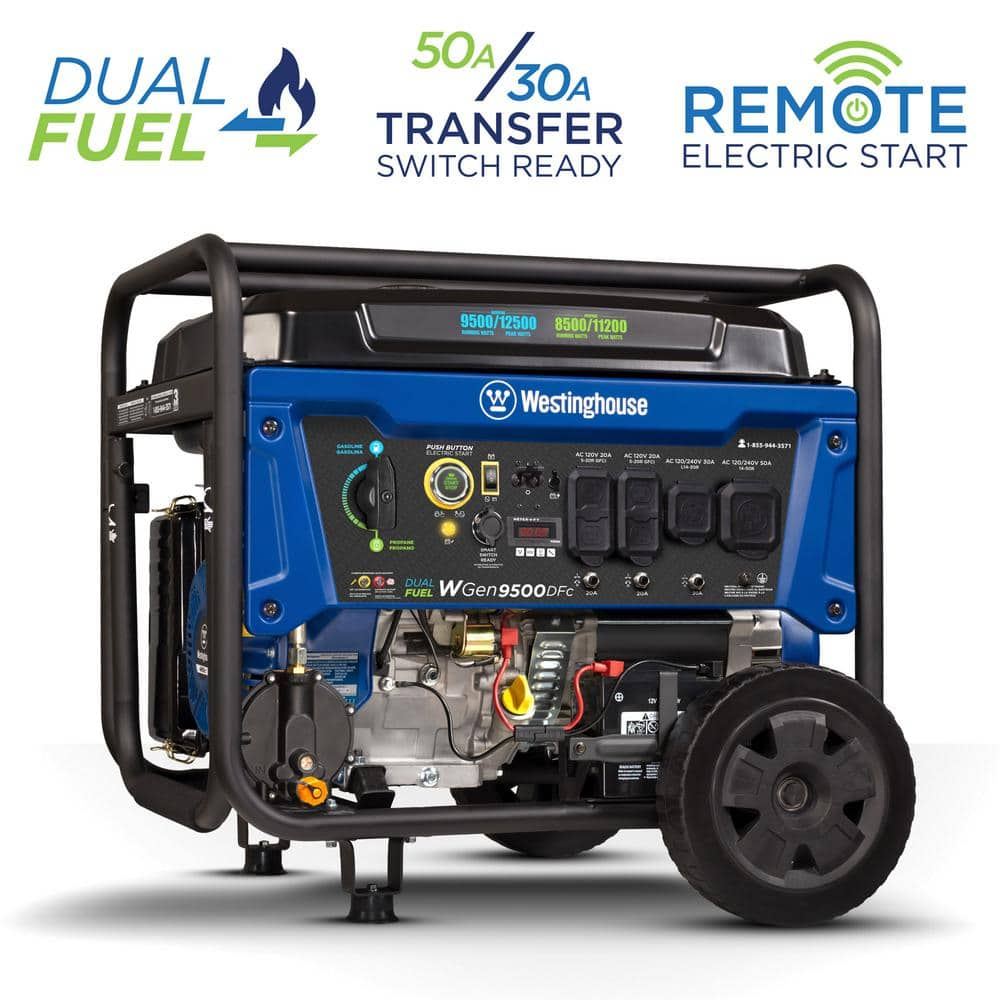
| Model | Power Rating | Fuel Type | Noise Level | Weight |
|---|---|---|---|---|
| Briggs & Stratton 30545 | 5000W | Gasoline/Propane | 78db | 95lb |
| Champion 3400-Watt | 3400W | Gasoline/Propane | 68db | 95lb |
| Duromax XP12000EH | 12000W | Gasoline/Propane | 72db | 232lb |
| Westinghouse WGen7500 | 7500W | Gasoline/Propane | 72db | 181lb |
Dual-fuel generators are a great option for anyone who needs to be able to switch between different fuel sources. Here is a list of 4 dual-fuel generators with their power ratings, fuel types, noise levels, and weights.
The Briggs & Stratton 30545 has a power rating of 5000W and is capable of running on either gasoline or propane. It has a noise level of 78db and weighs 95lb. The Champion 3400-Watt has a power rating of 3400W and is also capable of running on either gasoline or propane. It has a noise level of 68db and weighs 95lb.
The Duromax XP12000EH has a power rating of 12000W and is capable of running on either gasoline or propane. It has a noise level of 72db and weighs 232lb. The Westinghouse WGen7500 has a power rating of 7500W and is capable of running on either gasoline or propane. It has a noise level of 72db and weighs 181lb.
Dual-fuel generators are a great option for anyone who needs to be able to switch between different fuel sources. With the four generators listed above, you can find a generator that is the right size and power rating for your needs.
5 Solar Generators
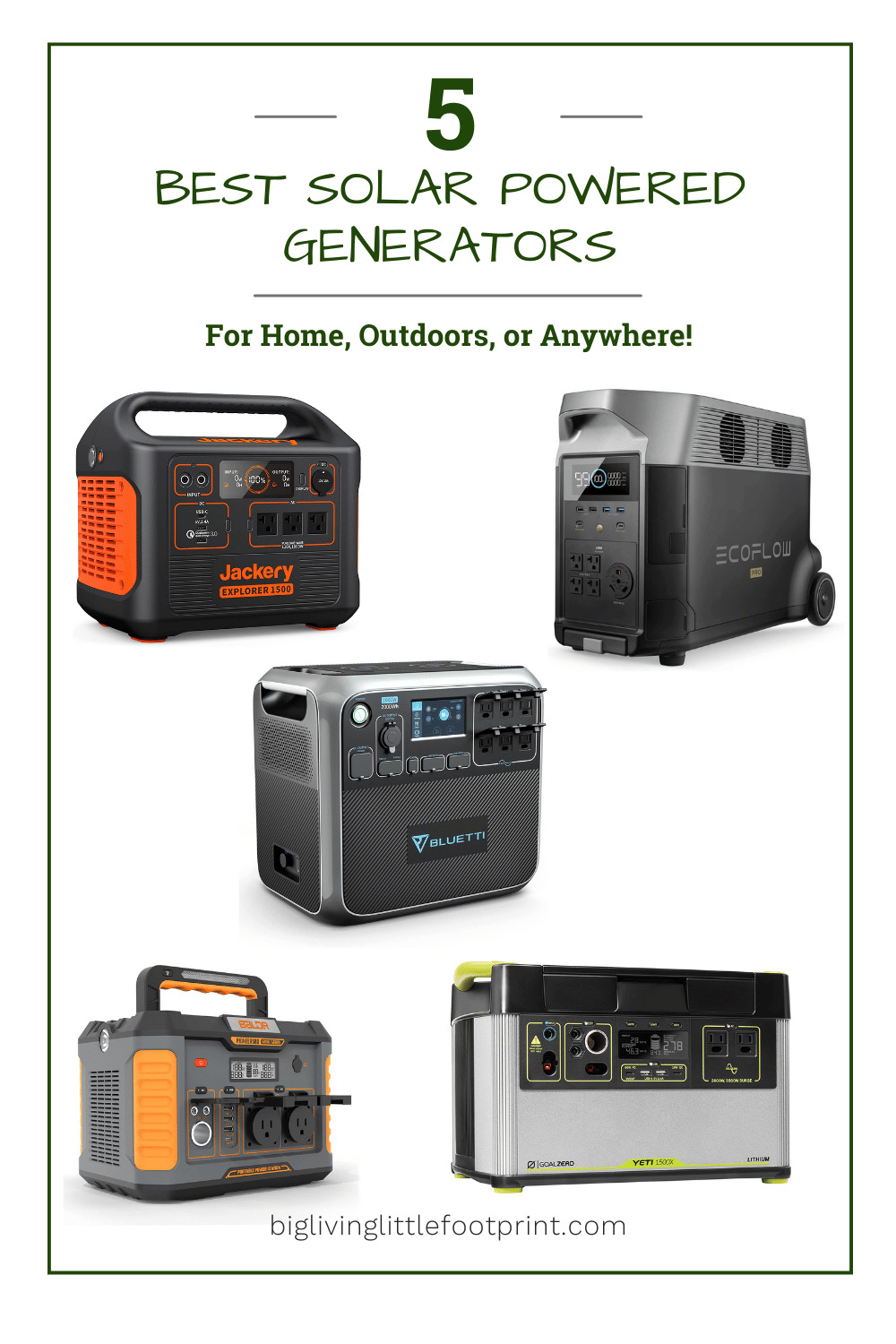
1. Briggs & Stratton P3000 PowerSmart Series Portable 3000-Watt Inverter Generator: This inverter generator is designed to provide reliable and quiet power for recreational activities and emergency backup power. It features a lightweight design, runs quietly at 59 decibels, and has a runtime of up to 10 hours on a single tank of fuel.
2. Jackery Portable Power Station Explorer 500: This solar generator provides 500W of power and features a 500Wh capacity, making it perfect for powering small electronics and appliances. It has a built-in LCD display to monitor power and battery levels, and a variety of ports to charge multiple devices at once.
3. Goal Zero Yeti 1400 Lithium Portable Power Station: This high-capacity solar generator can provide up to 1400Wh of power, making it perfect for extended outdoor trips and emergencies. It has an easy-to-read LCD display to monitor power levels, and can be charged via solar panels, wall outlet, or car charger.
4. Suaoki Portable Power Station G500: This solar generator provides 500Wh of power, making it perfect for powering small appliances and electronics. It has a built-in LCD display to monitor power and battery levels, and can be charged via solar panels, wall outlet, or car charger.
5. EcoFlow River Portable Power Station: This solar generator provides 500Wh of power, making it perfect for powering small electronics and appliances. It has a built-in LCD display to monitor power and battery levels, and can be charged via solar panels, wall outlet, or car charger. It also features a USB-C port, allowing it to be used as a power bank.
How to Choose the Right Generator
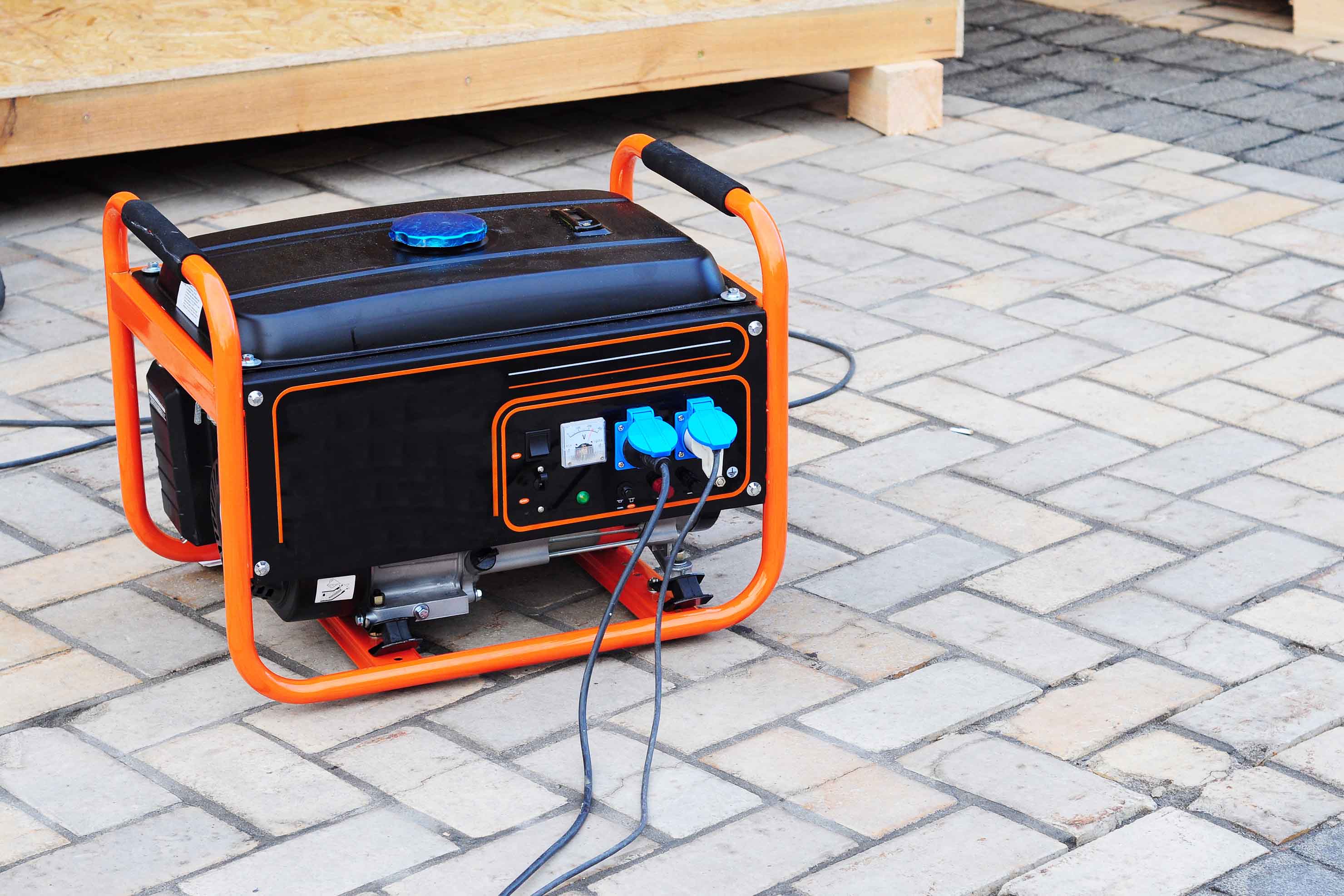
- Identify your power needs. Calculate the total watts needed for the items you would like to power with the generator.
- Choose between portable and standby generators. Portable generators are a great choice for camping, tailgating, and other recreational activities, while standby generators provide a more permanent solution for homes and businesses.
- Decide between gas, propane, or diesel. Gas is the most common fuel, but propane and diesel can also be used depending on the generator.
- Consider the noise level. Portable generators can be quite loud, so if you are looking for a quiet solution, consider a standby model.
- Compare features. Look at the various features offered by different models, such as outlets, run time, and fuel efficiency.
- Evaluate safety features. Portable generators should have low-oil shutoff, while standby generators should include a transfer switch.
- Compare prices. Generators can range in price from a few hundred dollars to several thousand, so make sure to compare prices to get the best value.
Safety Considerations
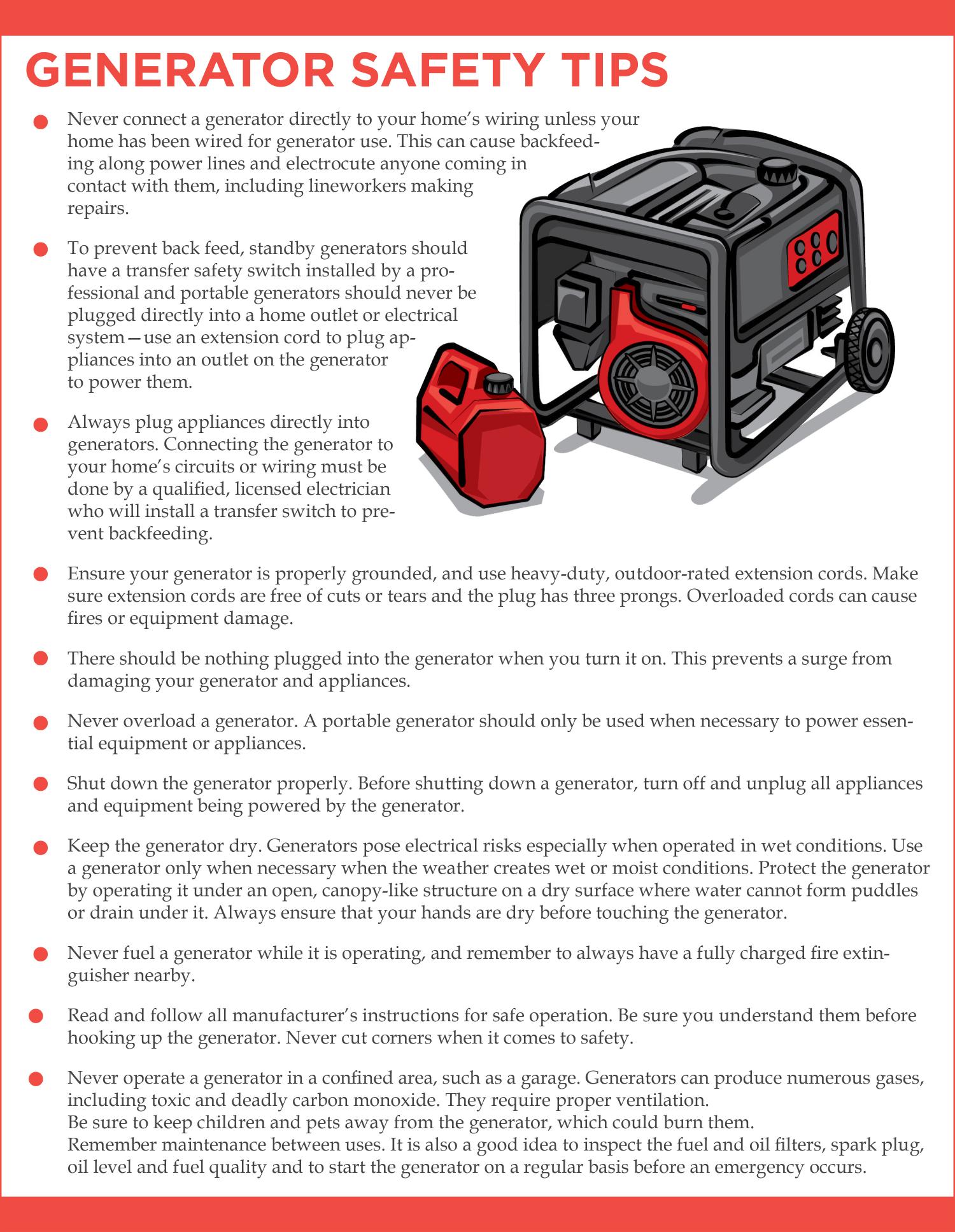
- Never operate a generator in an enclosed space, as the exhaust gases can cause carbon monoxide poisoning.
- Make sure the generator is grounded to minimize the risk of electrical shock.
- Be sure to read and understand the owner’s manual before operating the generator.
- Do not overload the generator, as it could cause serious damage.
- Always wear safety goggles, gloves and other protective gear when working with the generator.
- Make sure the generator is properly ventilated to prevent overheating.
- Keep the generator away from children and pets.
- Keep combustible materials away from the generator.
Advantages and Disadvantages of Generators
Generators are a popular choice for electrical power as they are able to provide a reliable and safe supply of electricity in a variety of settings. Generators come in a variety of sizes and power capacities to suit different needs, but all have their own advantages and disadvantages.
Advantages:
• Generators are easy to use and require minimal maintenance. They are also highly efficient and reliable.
• They are suitable for a variety of applications, from large-scale power production to small-scale home or recreational use.
• Generators can be used to power a variety of devices, such as computers, appliances, and tools.
• Generators are portable and can be moved easily if necessary.
• Generators are relatively inexpensive to purchase and operate.
Disadvantages:
• Generators produce noise, which can be an issue in some settings.
• Generators are powered by gasoline, diesel, or other combustible fuels, which can be hazardous if not used properly.
• Generators can be dangerous if not used in a safe and responsible manner.
• Generators require regular maintenance to ensure they are running efficiently and safely.
• Generators can be costly to operate, depending on the fuel used and the size of the generator.
Generator Maintenance Tips
• Keep the generator clean by wiping it with a dry cloth.
• Regularly check oil and coolant levels.
• Check the air filter and replace it if required.
• Follow the manufacturer’s instructions for changing the oil and filter.
• Check the battery terminals and clean them if they are corroded.
• Keep the generator in a dry, well-ventilated area.
• Make sure the generator is protected from the elements.
• Make sure all wiring is in good condition and properly sealed.
• Make sure the fuel tank is filled with the correct type of fuel.
• Make sure the fuel line is secure and free of leaks.
• Make sure the generator is properly grounded.
• Make sure the generator is properly serviced according to the manufacturer’s maintenance schedule.
Frequently Asked Questions
What is the Best Way to Review Power Generators?
When reviewing power generators, the best way to ensure accuracy and reliability is to compare similar models and assess their performance based on key criteria such as noise levels, fuel efficiency, cost, and durability. It is also important to consider the type of environment in which the generator will be used and the size and power requirements of the generator. Consideration should also be given to safety features, warranties, and customer service. By assessing each of these factors and comparing the results, it is possible to find the most suitable generator for any given situation.
How can I compare different types of generators?
When comparing different types of generators, there are a few things to consider including size, power output, fuel type, noise level, and cost. Size is important to consider since larger generators will be able to power more appliances or devices. Power output should also be taken into account, as some generators can provide higher outputs than others. Fuel type is important because some generators are powered by gas, while others are powered by diesel or propane. Noise level is important to consider as some models can be quite loud while others are quieter. Lastly, cost should be taken into account when comparing different types of generators as some models can be quite expensive.
What are the best resources to find power generator ratings?
Consumer Reports, Home Depot, and Lowes are all good resources to find power generator ratings. Additionally, each manufacturer’s website usually has detailed product specifications and ratings available. Other websites that provide independent reviews and ratings, such as CNET and Yelp, are also good sources of information. When reviewing ratings, be sure to read customer reviews to get an idea of how the generator performs in the real world.
How do I know which generator is best for my needs?
When choosing a generator, it’s important to consider your power requirements, budget, and type of fuel you intend to use. Consider your power needs in terms of wattage and voltage, as well as the type of fuel you are comfortable using. Additionally, you should look at the features each model offers, such as noise levels, portability, and fuel efficiency. Compare the features of different models and read reviews to determine which generator meets your needs.
What are some tips for choosing the right generator?
Determine your power needs: Consider the type and number of appliances you plan to run, as well as the voltage, wattage and amperage requirements. Make sure the generator has a surge capacity that can handle the startup load of the appliances you plan to power.
Check noise ratings: Pay attention to the decibel (dB) level of the generator. While the noise may not be an issue in an emergency situation, it can be annoying during everyday use.
Evaluate the fuel efficiency: Consider how much fuel the generator will use and how long it will run on a full tank. Look for a generator that has a low-oil shutdown feature to protect the engine.
Look for additional features: If you plan to use the generator frequently, look for features such as electric start, fuel gauge, and automatic voltage regulation. Also, consider the portability of the generator and accessories such as wheel kits, handles, and covers.
Conclusion
When selecting a generator, consider your power needs and budget, as well as features such as portability and noise level. Taking into account all the factors listed here, you can make an informed decision and choose the best generator for your needs.

